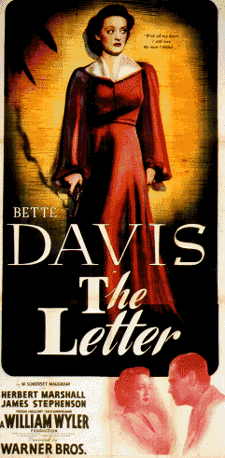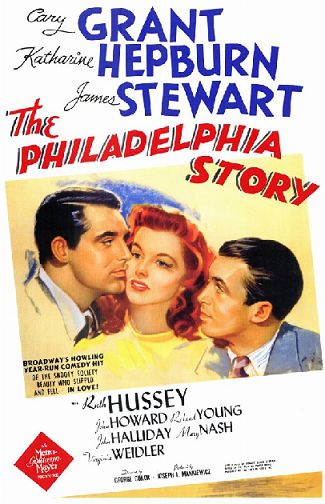
Starring: Bette Davis, Charles Boyer, Barbara O’Neil
Director: Anatole Litvak
Summary: A French nobleman falls in love with his children’s governess
Other Nominations: Supporting Actress (O’Neil), B&W Cinematography
Positives
-Very slick presentation-the camerawork, score and costumes are all great and did a lot to elevate the movie
-All the performances are very good, with O’Neil getting a deserved Oscar nomination. Bette Davis is good as always even if I wouldn’t call this a great performance and she goes in and out of her French accent all the time, and Boyer shows he can be a solid dramatic actor (and the voice helps a lot)
-The characters are reasonably interesting and the entire movie centers around the tense dynamic between a Duke (Boyer), a Duchess (O’Neil) and the governess they hire (Davis)
Negatives
-For a fairly simple story, there is absolutely no reason this should have been 2 hours and 23 minutes. The plot moves very, very slowly for close to 2 hours until it finally reaches its climax when it finally stops feeling so bloated.
-The four children of the Duke and Duchess in the movie get a decent amount of screentime, but while they are necessary to the story, I couldn’t tell you anything about them as people beyond their role in the story. For as long as the movie is, they could have spent more time doing even a little bit of character building for them.
Other Stuff
-This story is actually based on a true story of a scandal that was a contributing factor to the French Revolution of 1848. It’s mostly true to the events, although it clearly takes one of the possible sides in the issue, when it is unknown to this day what really happened behind closed doors.
Overall
With a much tighter script, this probably could have been really good; instead, in spite of having a lot going for it, it does get tedious at points
Rating: C+









